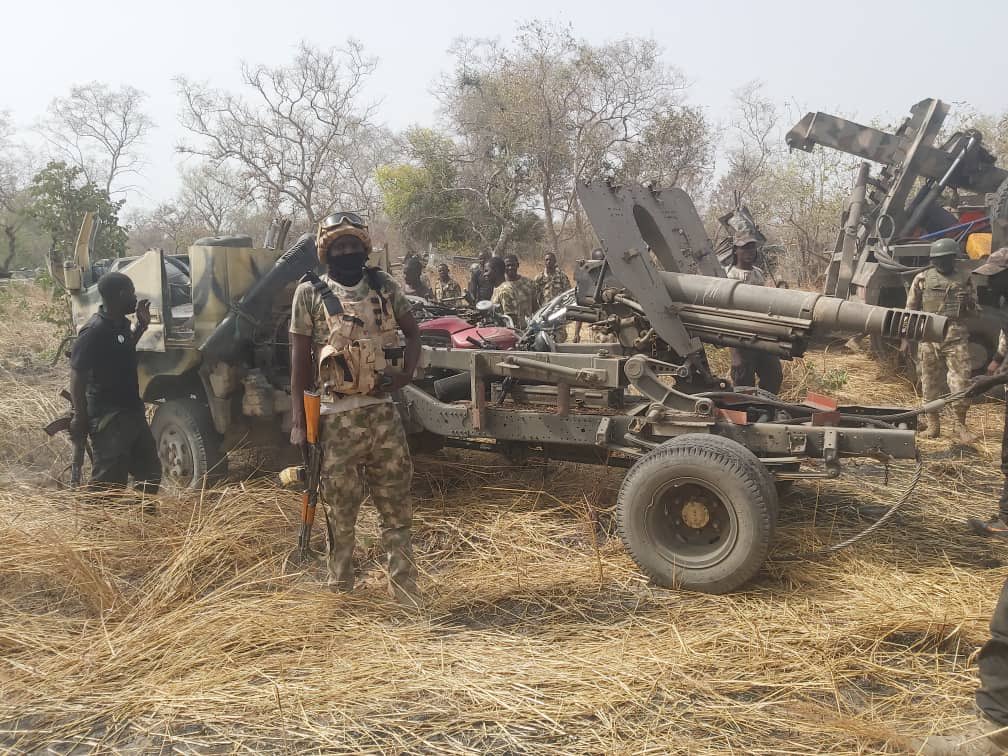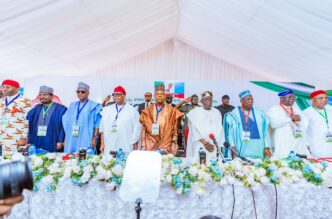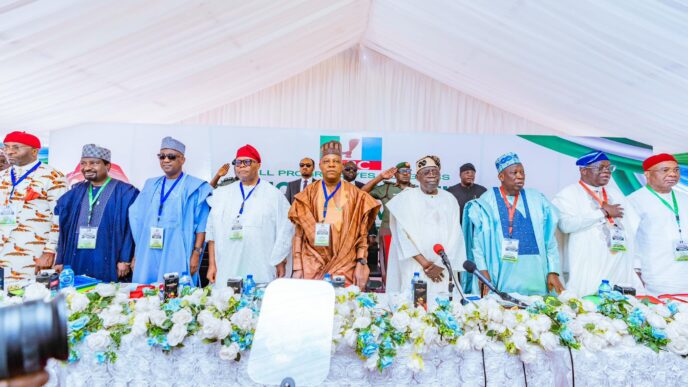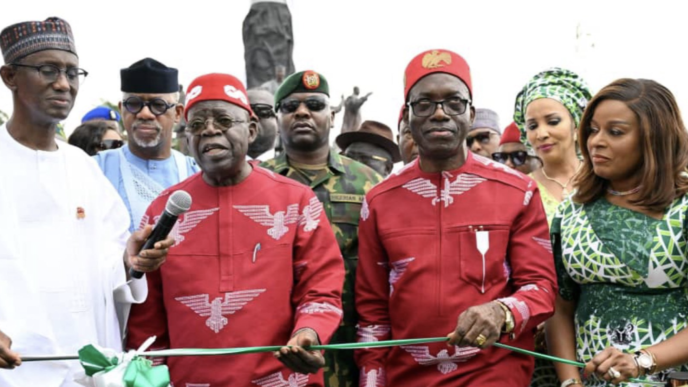Islamists are expanding their frontiers in Nigeria. The latest being Mahmuda, an Islamic terror group with ties to Boko haram, terrorising Kwara and several states around it. Because of its cross-border threat, the Beninese government recently closed its borders with Nigeria around the Baruten area. Ansaru, a battle-tested Islamist group also connected to Boko Haram, is active in the North Northcentral, especially in the Kogi area. Its forte is kidnapping for ransom and spreading its twisted ideology of Islamic puritanism.
In Nigeria’s northwest, the Islamic terror group, Lakurawa, is gaining ground, increasing its attacks on civilian and military infrastructure, especially in the Kebbi and Sokoto axis. Military intelligence says it recruits heavily disaffected and vulnerable youth among the local population.
Then, of course, Boko Haram and ISWAP dominate a large swath of land in Borno, Yobe and Adamawa states. It appears the military has conceded some territories to them, as no one dares venture to the areas they dominate and are the de facto authorities, collecting taxes and meting out justice Sharia-style.
Lately, there appears to be a resurgence of attacks by the Islamist groups across the country. Boko Haram and ISWAP, which appeared weakened after several years of sustained military onslaught and defections, seem to have resurged. Even worse, they have metastasised with a growing franchise network in the country. Especially in the Northeast, their attacks on the military have significantly increased, as well as the kidnapping of civilian travellers along the many dangerous routes in the region.
Advertisement
So much so that the Borno State governor, Babagana Zulum, recently stated, “It is unfortunate that the renewed Boko Haram attacks and kidnappings in many communities are almost daily without confrontation, signalling that Borno State is losing ground.”
It brings me to the point of this essay: What do the Islamists want? Why have they embarked on a seemingly endless and relentless war against the Nigerian state? And is there hope that someday, these jihadists will be pacified and somehow live peacefully with other Nigerians and be subjected to our secular laws and justice systems?
The chances are unlikely, closer to zero than one. That is because, unlike conventional crises, where the state can negotiate with the aggrieved parties and reach some form of compromise, that is nearly impossible with the jihadists. Because their end goal is anathema to the aspiration of the Nigerian state. They seek Islamic theocracy, a society governed by Islamic laws and principles in their purest forms, where they would be the lord of the manor, the judge and the executioners of Sharia, and this is contrary to the modern, religiously plural state which Nigeria is.
Advertisement
And then again, the jihadists’ actions are rooted in a strong faith in God, their sense that they are right and the Nigerian state is wrong, and it is a matter of time before they defeat the infidels, possibly through divine help. It is difficult to defeat such a mindset, as even death is considered a victory by the Islamists, a reward for the bravery exhibited here on earth. What compromise can be made with such a group? What concession can be given to them that would satiate their desire for an Islamic state, one not in conflict with Nigeria’s plurality and quest for equity?
To be clear, the idea of Islamic theocracy is not novel in contemporary times. Iran, Afghanistan and many of the Gulf states are governed in some form by Islamic laws and principles and function largely as a theocracy. Though Iran and Afghanistan appear to be the model states for Nigerian jihadists. Shia Islam is the legal framework in Iran, while Afghanistan is governed by a fundamentalist Sunni interpretation of the Sharia. Both countries have a Muslim majority population, as do Saudi Arabia and other Gulf States that practice the Shariah. In Iran, out of a possible 89 million people, about 99.4 percent of them are Muslims, while in Afghanistan, 99.7 percent of its 42 million people are Muslims.
Nigeria is different. It is multi-religious, multi-ethnic, and constitutionally a secular state. It is therefore impossible to implement a total Islamic law without infringing on the rights of Christians, traditional worshipers and other non-Muslims. Significantly, too, without conflicting with many provisions of the constitution that guarantee freedom of worship (or non-worship), movement, and equality before the law.
So, the Islamists’ vision of an Islamic Nigerian state is impossible to materialise as the country is presently constituted. In addition, it is doubtful they can defeat the Nigerian army. After many years of guerrilla warfare, they don’t hold significant territories and command real influence among the general population. But that is not to say they are weak and will disappear any time soon. Rather, the reverse seems to be the case. The conditions for the festering of these groups continue to exist with widespread poverty, illiteracy, and unregulated madrasas (Islamic schools) increasing significantly. A war economy has also developed in the northeast, with the military leadership apparently living large on the enhanced budget and possibly lacking the incentive to crush the insurgents.
Advertisement
For the foreseeable future, we will live with the jihadist threat, and our children will probably inherit it. It may even get worse, as some Muslims in the southwest are already tinkering with the idea of implementing some forms of the sharia law, setting the stage for a conflict with Christians and other groups in the region, which is usually the first stage before a broader and deeper religious crisis emerges.
But defeating the Nigerian state and imposing Shariah (Afghanistan- or Iran-style) won’t happen. The Nigerian state will, however, continue to be fragile, fractured by the Islamist insurgency, and burdened by internal divisions, sporadic violence, and governance challenges.
Views expressed by contributors are strictly personal and not of TheCable.













